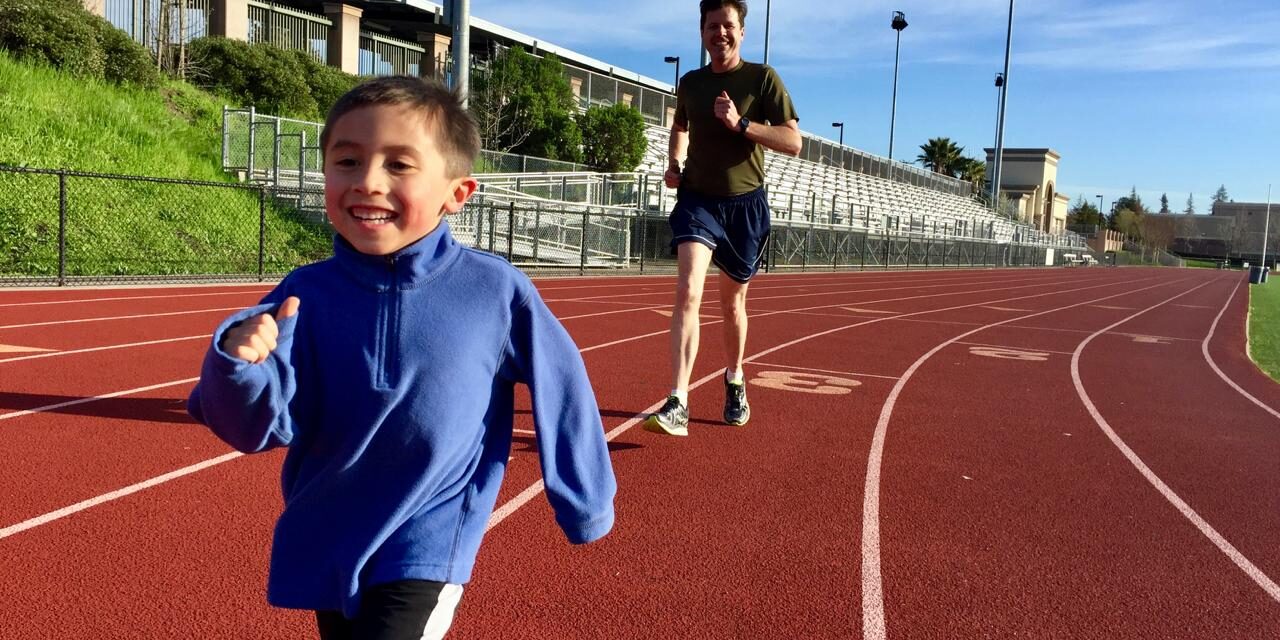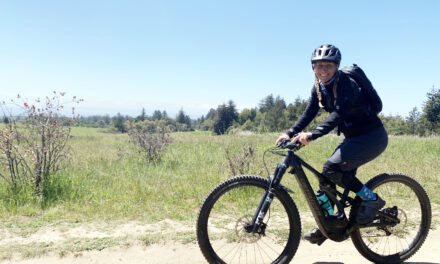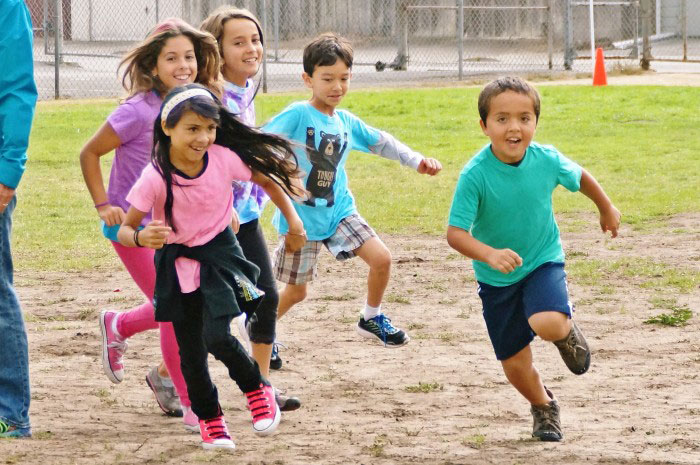- Tahoe’s Nevada Beach Tops the List of Hard-to-Book Campgrounds - 07/17/2024
- Cannabis Watershed Protection Program Cleans Up Illegal Grow Sites - 07/10/2024
- French Fire - 07/05/2024
Running Tips
“I turned 50 recently and I’m grateful to still enjoy outdoor activities that I picked up in my youth. Following are lessons I’ve learned over the years. This installment, the second of five, focuses on running.”
Before my high school cross country league meet, my teammates and I huddled and cheered. Though we ran our hearts out, our rival beat us by three points. Yet, we grew because of it. Distance running taught me how to work hard.
With my 50th birthday on the horizon, I applied the lessons I’ve learned over the years (listed below) to run my first marathon. My weekly running increased from 20 miles to 50 miles. I ran track intervals again with high school kids, and I built up from 5Ks to 10Ks and half-marathons. My times steadily improved.- Workouts work. After our tough loss, my friends and I learned to act less like teenagers when it came time to run. We improved every year, winning five track and cross country league championships and reaching the state meet. Put in enough effort to improve.
- Running improves health and quality of life.You don’t have to be competitive to enjoy the benefits. Running just a few times a week makes people healthier and happier.
- Help your body recover. Alternate between easy and harder workouts. Stretch. Increase mileage gradually. Run on trails instead of pavement. Replace shoes often. These become more important the older you get.
- Embrace personal record (PR).In running, everyone can measure improvement individually. PRs document a runner’s progress and promote effort.
- Write down workouts to track progress and motivate yourself. When you know how long a run took before, beating that mark brings happiness. Plus, it’s harder to skip a day when you have to confess to your logbook.
- Latch onto a running partner or group.This helps a runner train, improve and make friends.
- Race once in a while, even if you don’t consider yourself competitive, to encourage your training. Plus, you will collect race t-shirts that impress your friends.
- Get on the track to run intervals. Run shorter repetitions than your race distance and faster than your target pace. The improvement this generates addicts many runners.
- Mind your pace.In workouts or races, most runners slow down in the middle of their distances. Minimize that loss by running evenly.
- Set goals and strive to achieve them. Whatever your level of ability, there’s a challenging benchmark within reach. The bigger the goal, the better you will feel when you achieve it.
After two years, I entered a marathon with the goal of breaking three hours. For 20 miles, I paced 6 minutes and 30 seconds per mile. The final six miles slowed, but I managed to finish in 2 hours, 57 minutes and 58 seconds, exhausted and delighted.
I realized later that I hydrated and fueled insufficiently, a beginner’s mistake. The experience proved to me that I still have more to achieve and learn in running. I’m looking forward to both.
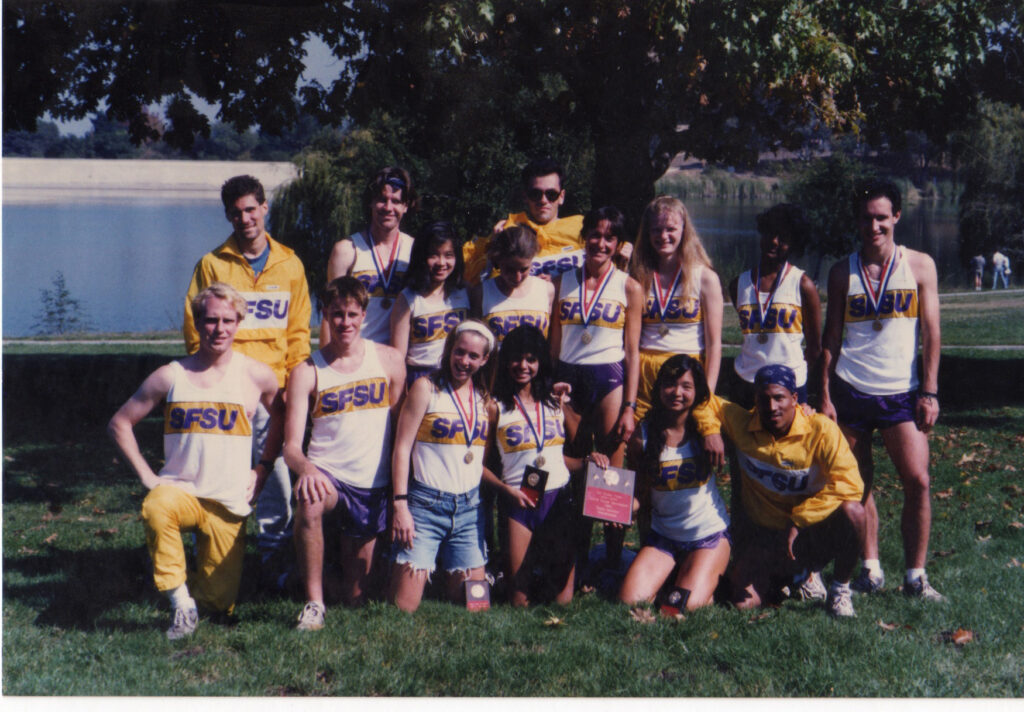
Johanson’s cross country team at San Francisco State University.
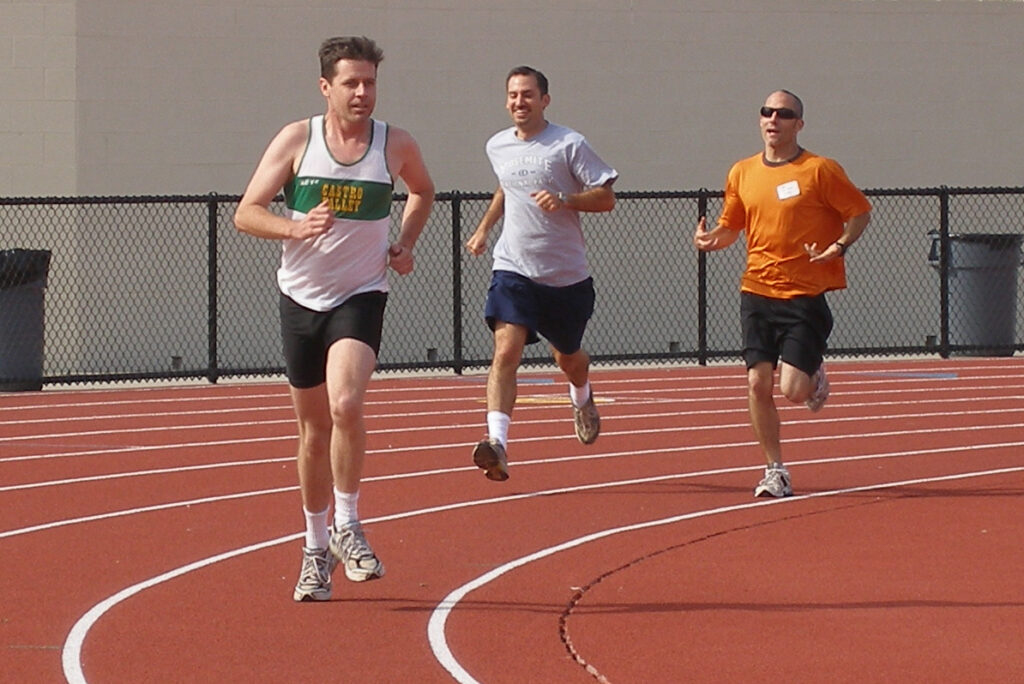
A recent cross country team reunion.
Read more from Matt Johnson here.

